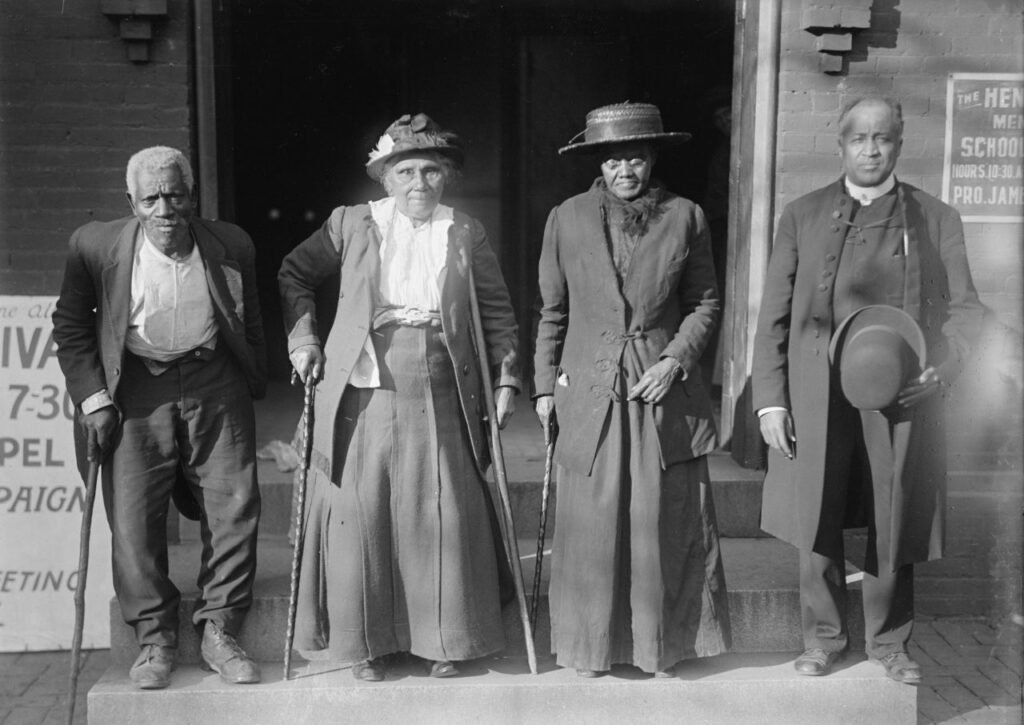
Heritage Images / Contributor / Getty Images
Ancestry.com is using artificial intelligence (AI) to help Black Americans trace their family trees. The genealogy company has released a new collection of searchable newspaper articles with information about formerly enslaved people in the U.S. The collection includes tens of thousands of newspaper records dating back to the 1800s.
This free-access database aims to help Black Americans uncover their family histories. Using AI, the tool combs newspaper records to identify the names of enslaved people. The collection contains approximately 38,000 newspaper articles from 1788 to 1867, providing detailed information about more than 183,000 former slaves, including their names, ages, physical characteristics, and locations.
“Many of these original newspaper articles contain never-before-seen information about enslaved people, filling gaps in the historical record where court and local documents have been lost or destroyed.”
Users can access a new landing page that’s “dedicated to slave records, where they can search by name or see which states have the most records. The AI digs up slave names in once-hard-to-search newspaper records and connects them with names in Ancestry’s other probate document databases to put together the puzzle,” Axios reports.
Given the sensitive nature of this information, Nicka Sewell-Smith, a professional genealogist and senior story producer at Ancestry, said, “We’re telling people up front: Listen, you may see some information, some terminology, and some things that will shock you.”
The largest records come from Georgia, Louisiana, Mississippi, and Virginia. Amazingly, some of these records show “how Harriet Tubman helped enslaved people escape north, and hint that some of them may have traveled south to try the Underground Railroad to Mexico.”
The new effort complements Ancestry’s existing database, which consists of “more than 18 million records documenting the lives of formerly enslaved and newly freed people,” including Freedmen’s Bureau and Freedman’s Bank records, select U.S. federal census records, and other documents.
“Due to the long history of slavery in the United States and the lack of documentation on enslaved people, researching family history can be difficult for Black Americans,” Sewell Smith said.
“Because African American slaves were considered property, sales contracts (which listed only the age and gender of the person sold) were often the only records available for individuals living in slave-owning states before the Civil War,” PBS points out.
“Examining the articles in the context of their original publication can provide a deeper understanding of how slavery affected everyday life in the United States and may help descendants of formerly enslaved people unearth important discoveries about their family histories,” Sewell Smith added.
Clinical psychologist Donald Grant, executive director of Mindful Training Solutions, a Los Angeles-based behavioral health and wellness consulting firm, spoke about the importance of Black people tracing their family history.[B]They were purposefully severed, and for many black people, recognizing these connections that were taken from them is cathartic.”
“These search options give people the opportunity to get concrete examples of their historical resilience,” Grant continued. “White people put stories about their heritage in newspapers and textbooks that support white supremacy and ideology. Black people have to find information to build their history, their pride.”

